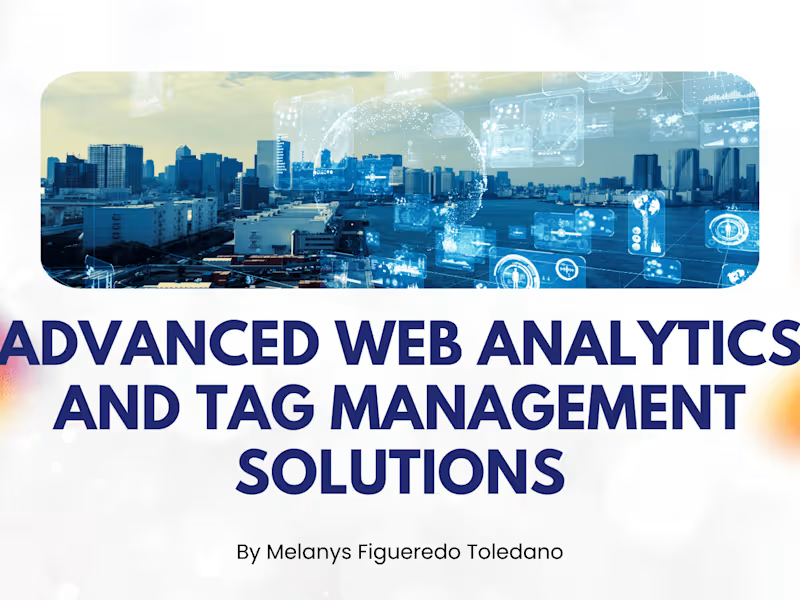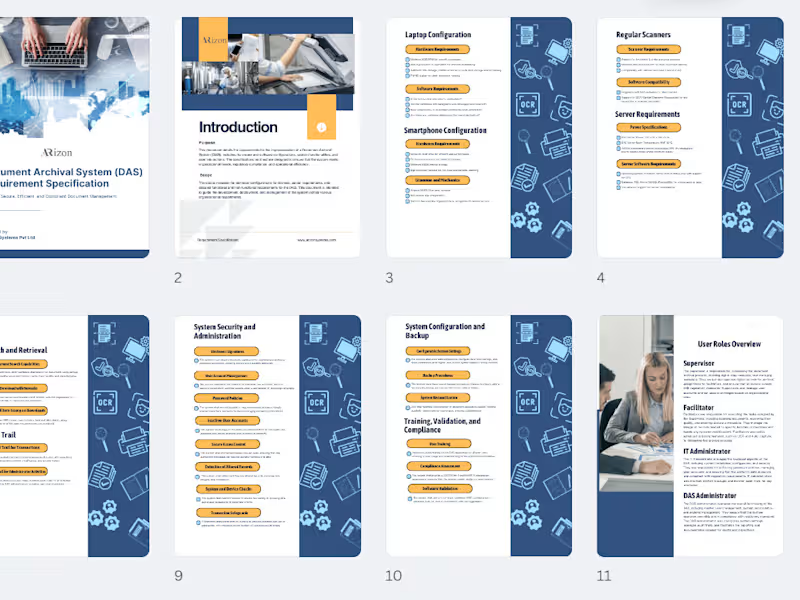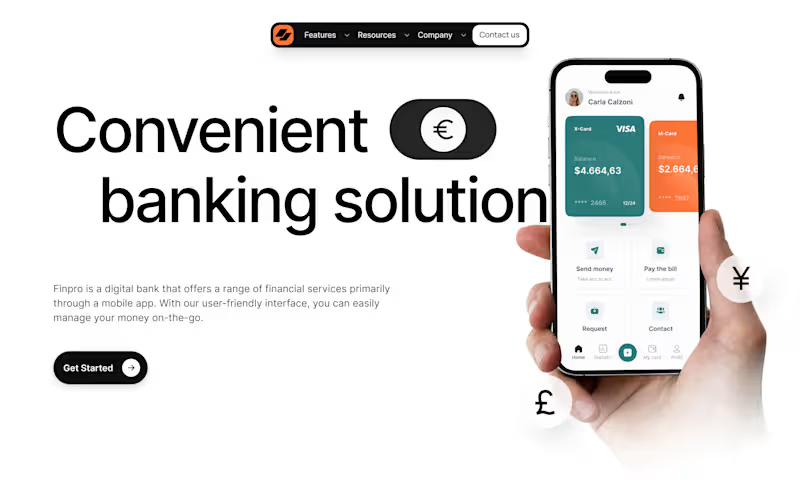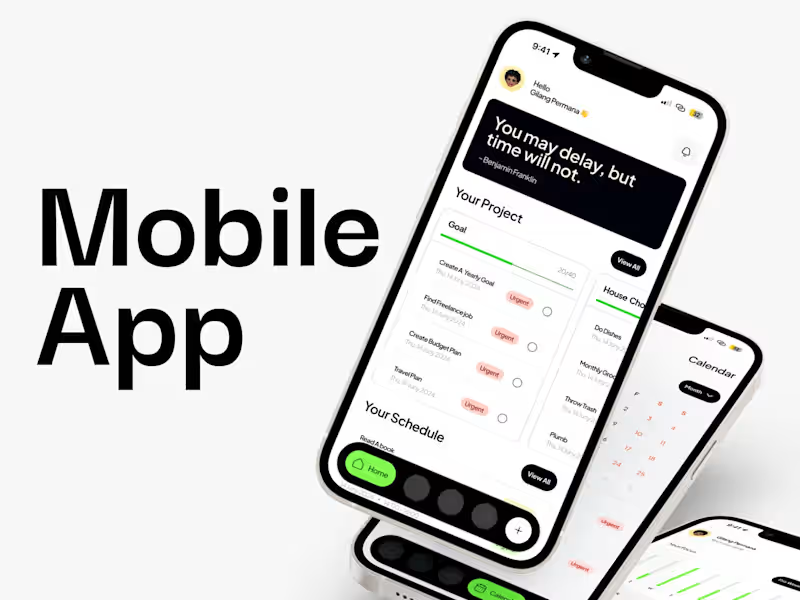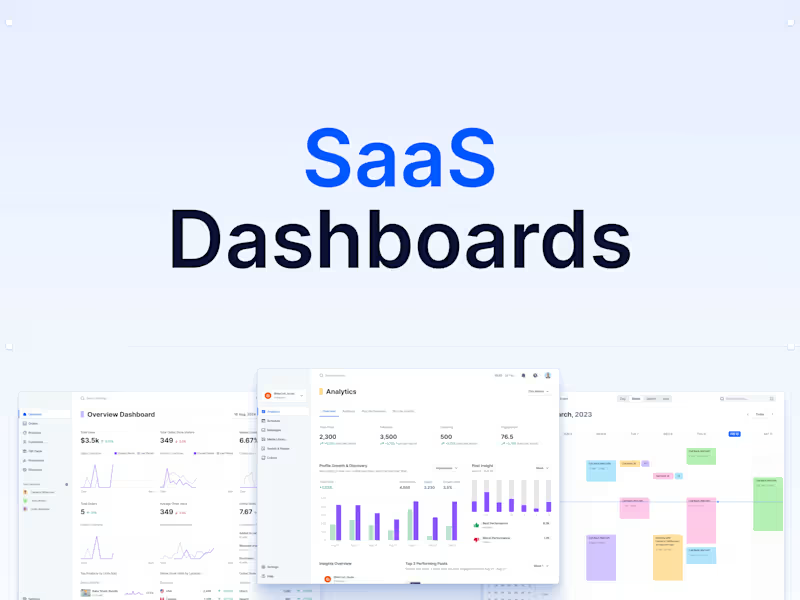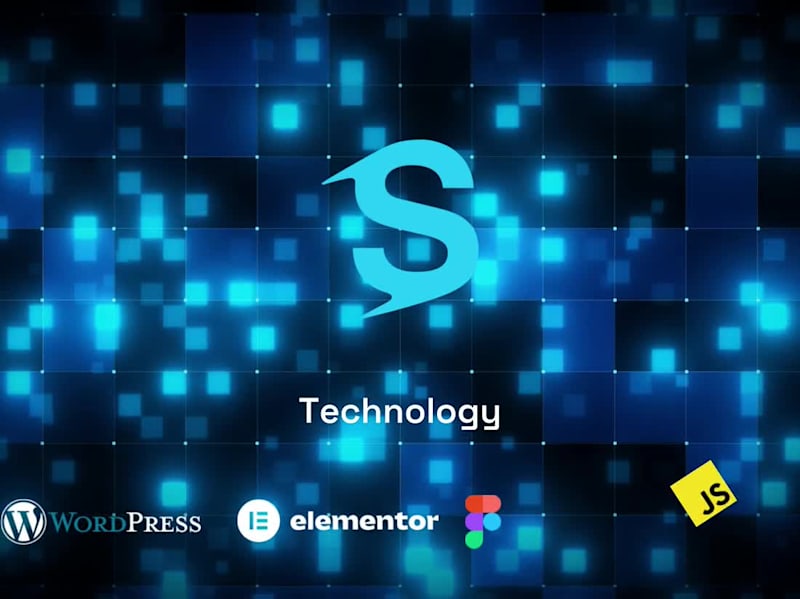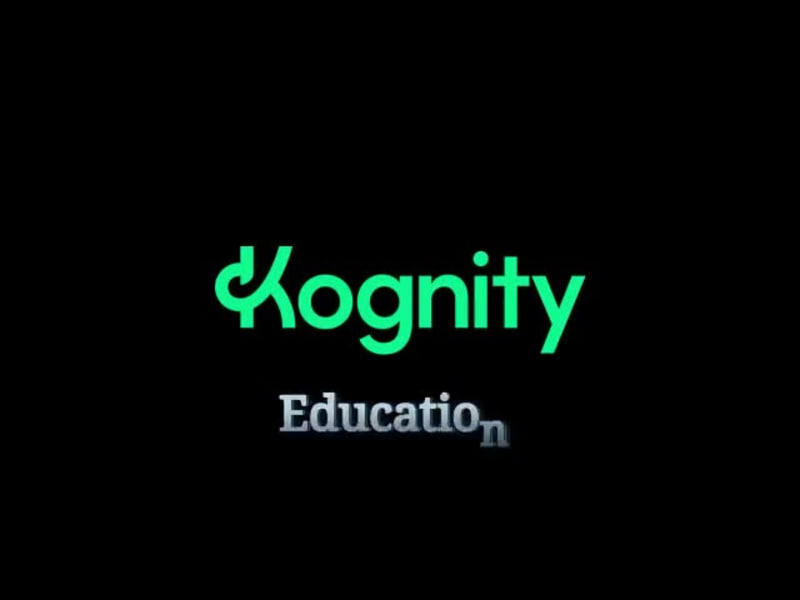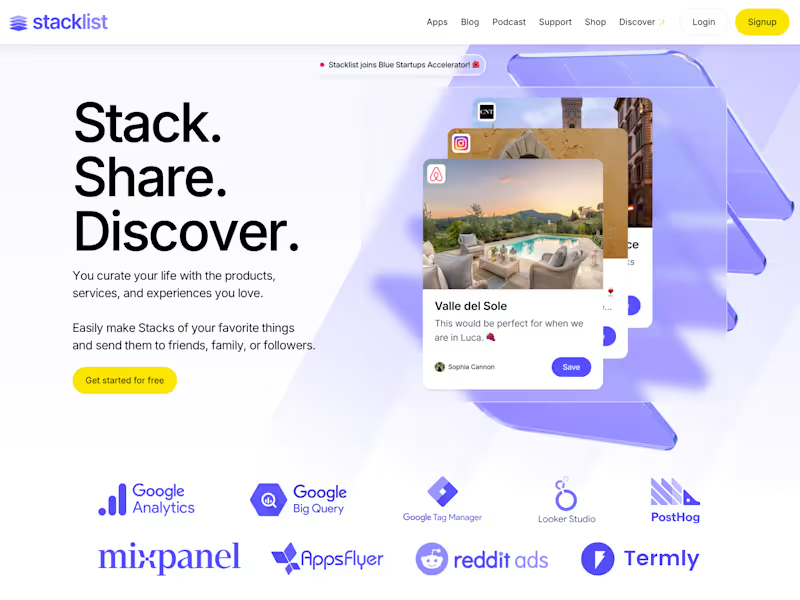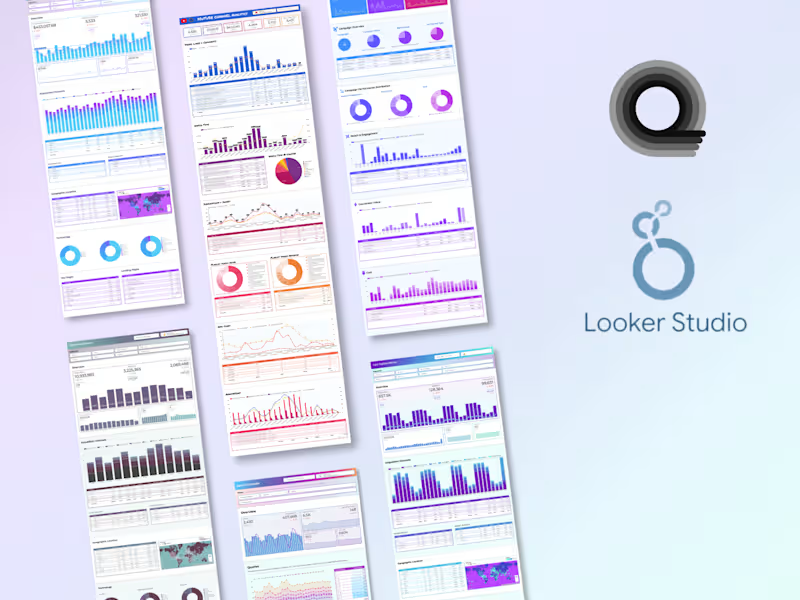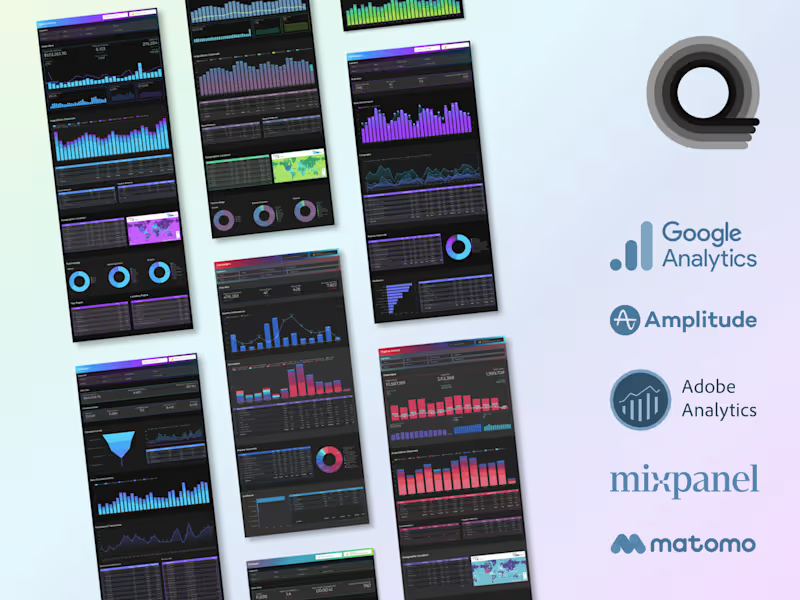Additional resources
What Are Adobe Analytics Freelancers
Freelance Data Analytics Specialists
Adobe Experience Cloud Consultants
Implementation and Configuration Experts
Custom Dashboard Developers
Key Skills to Look for in Adobe Analytics Freelancers
Technical Proficiency Requirements
Certification and Training Credentials
Data Integration Capabilities
Reporting and Visualization Expertise
Why Hire Adobe Analytics Freelancers
Cost Efficiency and Budget Flexibility
Access to Specialized Knowledge
Faster Project Completion Times
Scalable Resource Management
Types of Adobe Analytics Freelance Projects
Initial Platform Implementation
Data Layer Configuration
Custom Report Development
Cross-Platform Integration
Performance Optimization
Finding Qualified Adobe Analytics Consultants
Professional Networks and Communities
Industry Associations and Groups
Direct Outreach Methods
Vetting and Verification Processes
Budget Considerations for Adobe Analytics Contractors
Hourly Rate Ranges
Project-Based Pricing Models
Retainer Agreements
Factors Affecting Freelance Rates
How to Evaluate Adobe Analytics Experts
Portfolio Assessment Criteria
Technical Skill Testing
Reference Verification
Trial Project Approach
Project Management with Freelance Adobe Analytics Specialists
Defining Project Scope and Deliverables
Communication Protocols
Timeline Management
Quality Assurance Processes
Common Challenges When Working with Adobe Analytics Professionals
Data Privacy and Security Concerns
Knowledge Transfer Issues
Remote Collaboration Barriers
Integration Complexities
Best Practices for Successful Freelance Engagements
Clear Contract Terms
Regular Progress Reviews
Documentation Standards
Performance Metrics
Tools and Technologies Adobe Analytics Freelancers Use
Adobe Launch and Tag Management
API Integration Platforms
Data Visualization Software
Testing and Debugging Tools
When to Outsource Adobe Analytics Work
Complex Implementation Needs
Temporary Skill Gaps
Specialized Project Requirements
Budget Constraints
Future of Adobe Analytics Freelancing
AI and Machine Learning Integration
Cross-Channel Analytics Evolution
Remote Collaboration Advancements
Emerging Skill Requirements






























